A new report prepared by North Sea drilling contractors calls for “lasting and meaningful” change to how the industry deals with the mental health of its workforce due to high rates of suicide and suicidal thoughts among offshore workers.
In an open letter published on Tuesday, chairman of the North Sea chapter of the International Association of Drilling Contractors (IADC) Darren Sutherland has called for “top-down driven cultural change” and the creation of an industry mental health charter to deal with issues surrounding mental health.
It comes following a survey which found that two in five onshore and offshore shift workers experienced suicidal thoughts while on duty, and that offshore workers are up to 15 times more likely to die by suicide than counterparts onshore.
Mr Sutherland said companies have a responsibility to ensure places of work are safe environments “not only physically but also mentally” and hoped the development of the new mental health charter would establish leadership commitment, lay out the fundamentals for care provision and build on existing tools offered in the sector.
Recent engagement with offshore workers, including a focus group made up of drilling contractors, operators and Tier 1 contractors, shows that while there are “pockets of excellent work” being done, mental health issues from burnout to suicide remain prevalent throughout the sector.
An accompanying report prepared by the IADC highlights the scale of the problem.
Collating data from across industry, the white paper ‘Changing minds: saving lives’ cites a study by International SOS Foundation which found 40% of onshore and offshore remote rotational shift workers experienced suicidal thoughts some or all of the time while on duty, with nearly one-third meeting the benchmark for clinical depression while on rotation.
Approach to mental health ‘box-ticking’
While acknowledging improvements have been made to the industry’s approach to mental health, the report states: “It does not appear like they have been sufficiently impactful and have been subject to criticisms of mere signposting or box-ticking”.
It goes on to state poor mental health may be exacerbated by offshore isolation and the cyclical nature of oil and gas activity, which has created a “tipping point” for many individuals. It also points to the traditionally male-dominated “macho” environment of the North Sea, where some still consider it a sign of weakness to show they are struggling with mental health.
The report states: “It is essential for the offshore energy industry to de-stigmatise negative connotations about showing vulnerability and to provide clear, sector-wide support on how workers can ask for help when they feel overwhelmed, through practical and easy-to-follow guidance.”
It also suggests age could be a factor, with the white paper citing the Dräger UK Safety at Work Report 2022, which found 32% of 18-24-year-olds across multiple industries claimed their workplace did not take mental health as seriously as physical health.
Moreover, it notes that some areas which may have been perceived as benefits – such as single cabins – may contribute to the problem by creating “a contained environment with limited opportunities for pressure release”.
Calls for mental health charter
“As business leaders, we have been empowered with the oversight of the wellbeing at work of our employees – who are our greatest asset,” writes Mr Sutherland.
“In the North Sea, we have an incredible pedigree of establishing industry changing reform through guidance, standards and organisations such as Step Change In Safety and OPTIO.
“Our ability to come together and deliver global reaching change speaks for itself. Our industry, and more importantly our employees once again need our industry to unite and deliver impactful change.”
The IADC is also hosting a panel session and workshop – co-sponsored by Energy Voice – to develop this charter and address questions raised in its white paper.
Registration for the event, held at the Chester Hotel in Aberdeen on April 25, is open now.
You can also find out more at mentalhealthinenergy.com.
If you’ve been affected by issues raised in this piece, Samaritans are available to offer support day or night, 365 days a year. You can call them for free on 116 123, email them at jo@samaritans.org, or visit samaritans.org to find your nearest branch.

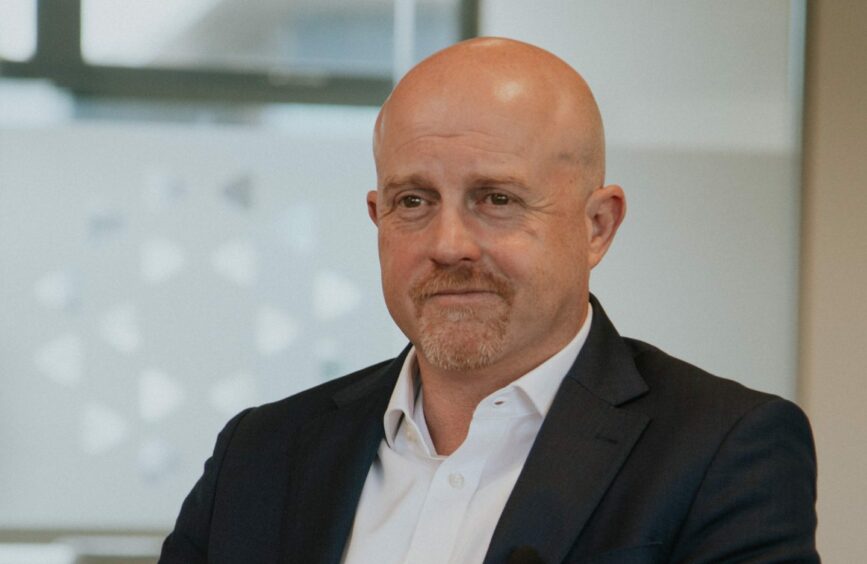
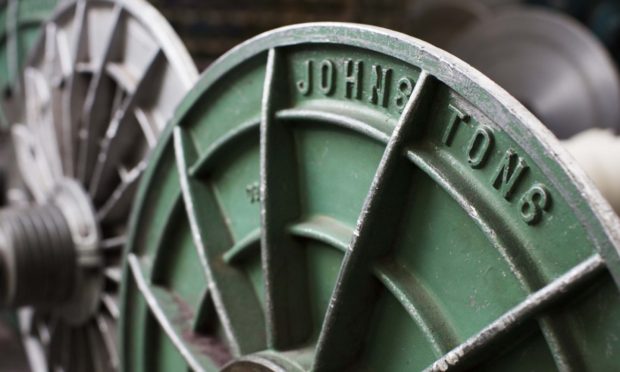
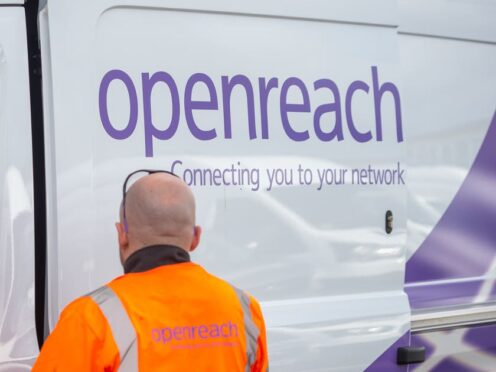
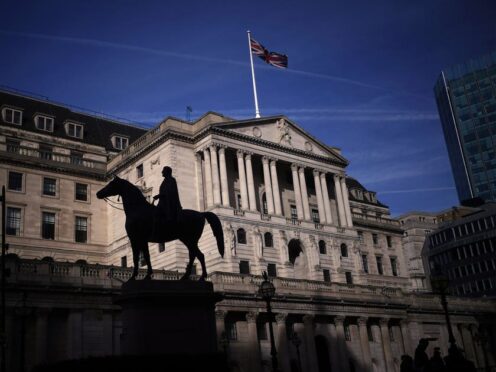


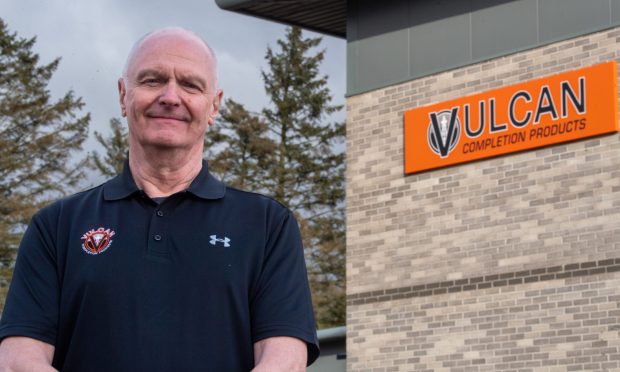



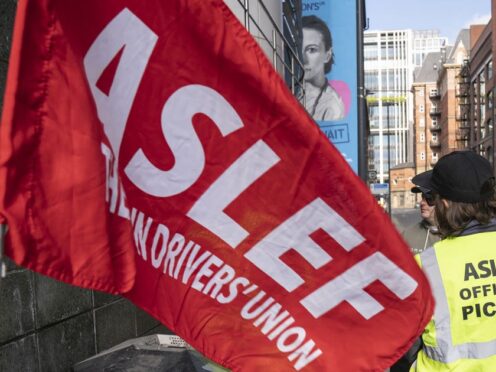
Conversation